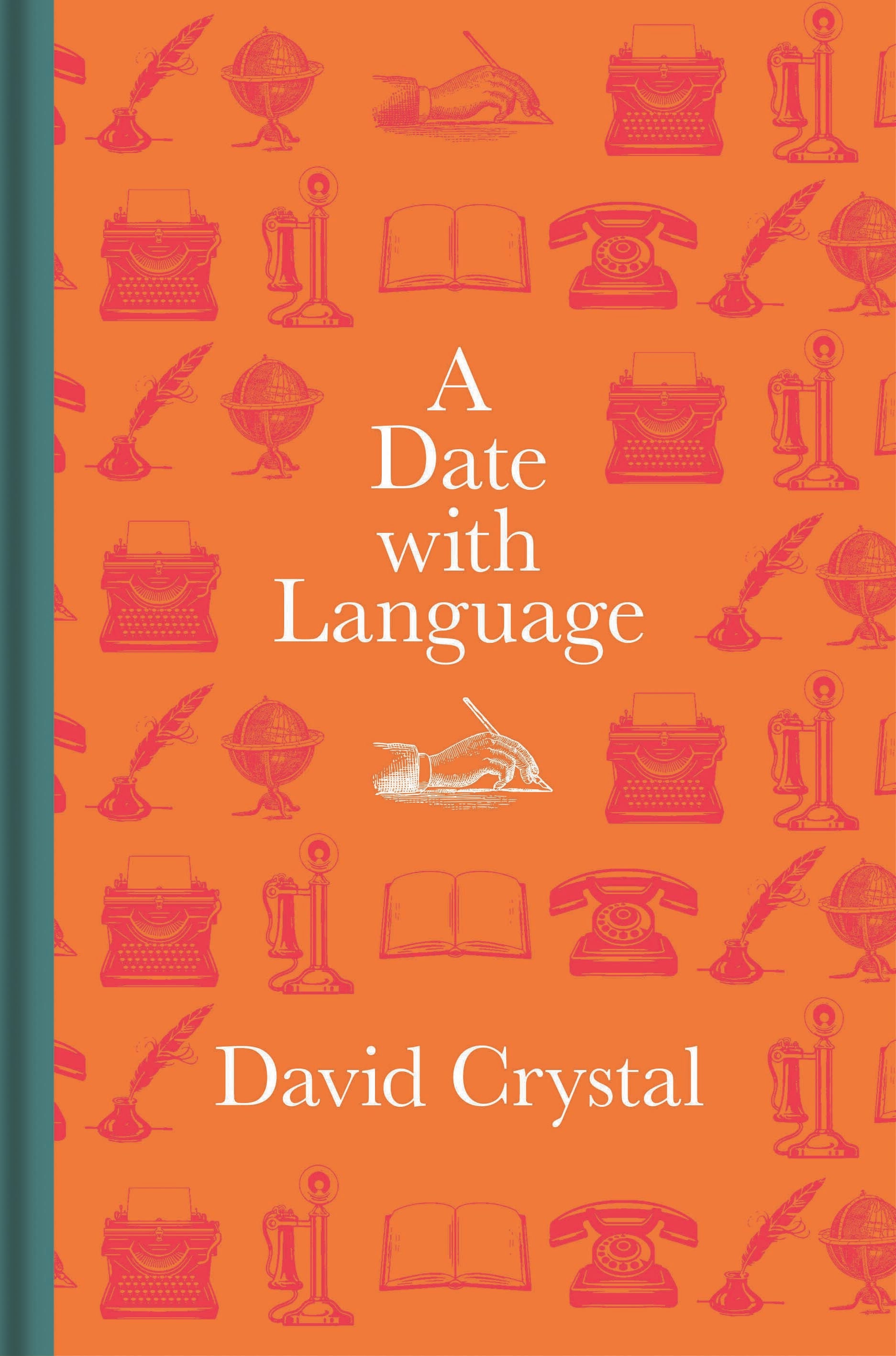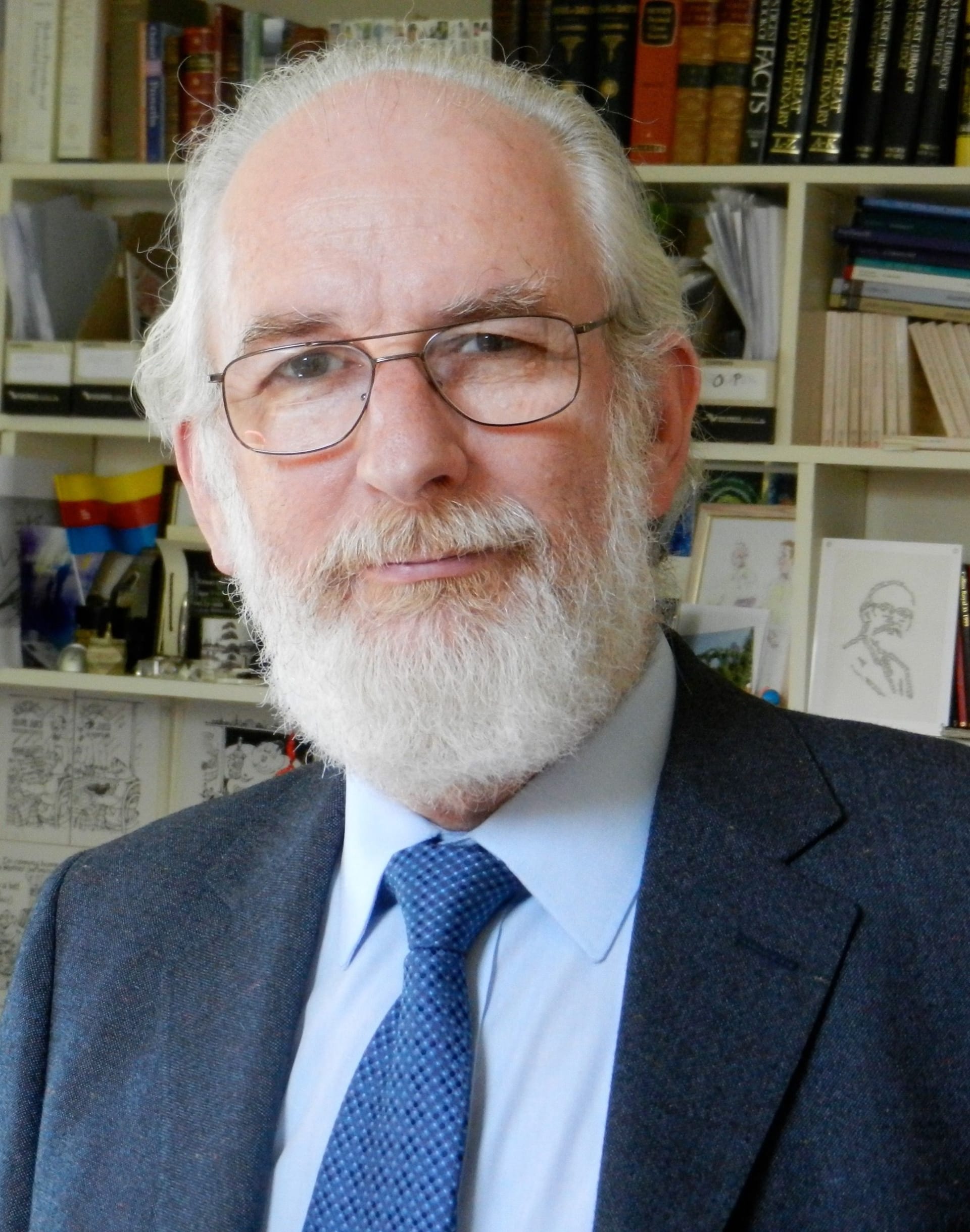A Date with Language by David Crystal is a new book from the Bodleian Library Publishing, out later this month. This charming collection features a page-a-day short essay for each day of the year.
From Talk Like William Shatner Day to United Nations World Braille Day, Crystal finds something remarkable, interesting or amusing which either happened on, or is commemorated on, every date in the calendar year. He covers a breadth of subject and topics, and includes insights from literary and linguistic writers, poets and global institutions. In the OX editorial offices we learned our birthdays variously fall on Autistics Speaking Day (1 November), the birthday of Pierre Paul Broca (28 June) and, aptly enough, National Proofreading Day (8 March). It’s fascinating, fun and highly recommended as a unique gift idea – whether for yourself or your favourite lexophile.
The following timely extracts are reproduced with kind permission from the author and the publisher:
2 OCTOBER: National Name Your Car Day
The origins of this day are unknown, but the logic behind it is inescapable. People name their boats. Why not their cars? Boat-naming presumably began for practical reasons: to distinguish between many boats of a similar appearance in a harbour, or to identify individual boats on a voyage. Car licence plates have the same function, and they too can be personalized. But the aim behind this day is to go one step further, and to give your car a personal name. If the licence plate uses letters, that’s often the motivation: FRD will obviously generate Fred, SLV will be Silvia. But the tendency to anthropomorphize a vehicle goes well beyond licence plates.
We only have to look at the famous car names from the worlds of cinema, television and video games: Kit from Knight Rider, Herbie from Herbie the Love Bug, General Lee from Dukes of Hazzard, Bandit from Smokey and the Bandit. Then there’s Lightning McQueen and dozens more from the Cars game and its sequels. People often copy these names if they have a car of a similar make; but more often they introduce names reflecting their own interests or personalities. If you’re into Shakespeare, there’s a wide choice of male and female names waiting for you,
though superstitiously minded owners might want to avoid the more tragic personalities. If you’re stuck, there are online Name Your Car generators. You’re asked a series of questions – usually about the car’s colour, age or imagined gender, or which car movies or journeys you identify with, and up comes a suggestion.
Cars are not alone. People have anthropomorphized inanimate objects throughout history, when they have a special significance. In medieval times they named swords – most famously King Arthur’s Excalibur. Gardeners might name their wheelbarrows, or their favourite plants. Geeks name their computers. And there’s a growing body of social psychological research explaining why we do it. It seems we feel we understand our objects more and develop a warmer relationship with them if we give them a name.
26 OCTOBER: King Alfred died in 899
He was born in Berkshire in about 849 and became king in 871. His political and military achievements dominate accounts of his life, but his role in relation to the English language needs also to be recognized. The Viking invasions had destroyed education in England. During the early 890s he wrote a letter in which he identified the problem:
It has very often come into my mind what learned men there once were throughout England ... and how people abroad looked to this country
for learning and instruction; and how we should now have to get it from abroad, if we were to have it. So completely had it declined in England that there were very few people on this side of the Humber who could understand their service-books in English or translate even one written message from Latin into English, and I think there were not many beyond the Humber either. So few they were that I cannot think of even a single one south of the Thames when I came to the throne.
This is his solution:
translate certain books, which it is most needful for all men to know, into the language that we can all understand, and make it happen – as we very easily can with God’s help, if we have peace – that all young people who are now freemen in England, those that have the means, should devote themselves to study while they have nothing else to do, until the time that they know how to read written English well.
The results of his language planning were remarkable. Almost all surviving prose texts during the late ninth century and into the tenth were written in the dialect used by Alfred and his scribes. Today we call it West Saxon; for well over a century it became the most widely used form of English. If the Normans had lost at Hastings, it would probably have remained so. As it is, much of our knowledge of Old English comes from writings which we can trace back to Alfred’s initiative.
DAVID CRYSTAL is a writer, editor, lecturer and broadcaster on language, and honorary professor of linguistics at Bangor University. A Date With Language (Bodleian Library Publishing) is available from 12 October (£25).










